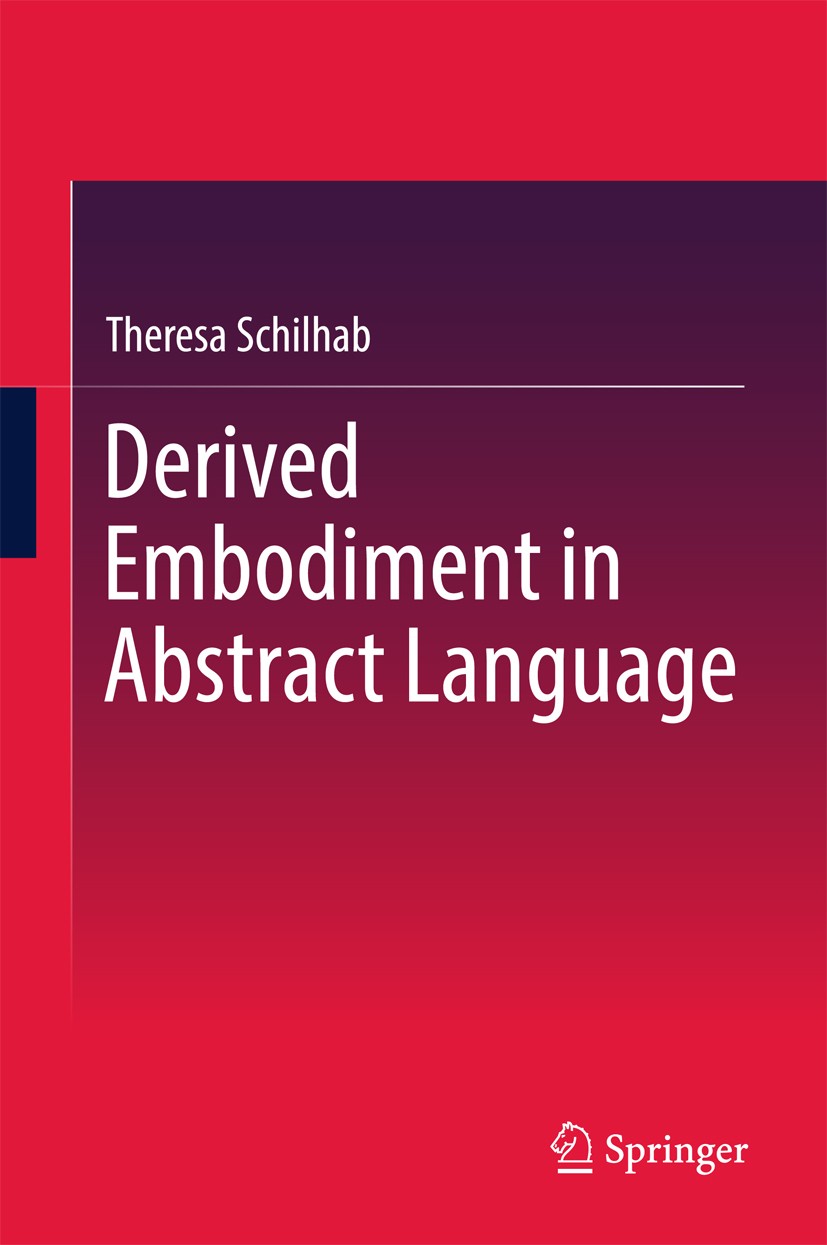| 书目名称 | Derived Embodiment in Abstract Language |
| 编辑 | Theresa Schilhab |
| 视频video | http://file.papertrans.cn/269/268143/268143.mp4 |
| 概述 | Bridges neurobiology and pedagogy by pointing to and exposing real mechanisms at play in conversations when we acquire abstract knowledge..Useful to students in the humanities and general readers with |
| 图书封面 |  |
| 描述 | .How does knowledge of phenomena and events we have no direct experiences of emerge? Having a brain that learns from being in the world, how can we conceive of prehistoric dinosaurs, Atlantis, unicorns or even ‘desire’? This book is about how abstract knowledge becomes anchored in direct experiences through well-formed conversations..Within the framework of evolutionary biology and through the lens of contemporary studies in cognitive science, the neurosciences, sociology and anthropology, this book traces topics such as our inborn sensitivity to the environment, bottom-up and top-down processes in knowledge formation and the importance of language when we learn to categorise the world. .A major objective of this monograph is to identify the key determinants of the specific interactivity mechanisms that control the cognitive processes while we are linguistically immersed. The emphasis is on real-life interactions in conversations. While the concrete word-object paradigm depends relatively more on direct experiences, the successful acquisition of abstract knowledge depends on the emphatic skills of the interlocutor. He or she must remain sensitive to the level and quality of the ima |
| 出版日期 | Book 2017 |
| 关键词 | Embodied cognition; Language as representation; Linguistic stages; Interactional expertise; Empirical re |
| 版次 | 1 |
| doi | https://doi.org/10.1007/978-3-319-56056-4 |
| isbn_softcover | 978-3-319-85816-6 |
| isbn_ebook | 978-3-319-56056-4 |
| copyright | Springer International Publishing AG 2017 |
 |Archiver|手机版|小黑屋|
派博传思国际
( 京公网安备110108008328)
GMT+8, 2026-1-17 16:25
|Archiver|手机版|小黑屋|
派博传思国际
( 京公网安备110108008328)
GMT+8, 2026-1-17 16:25


